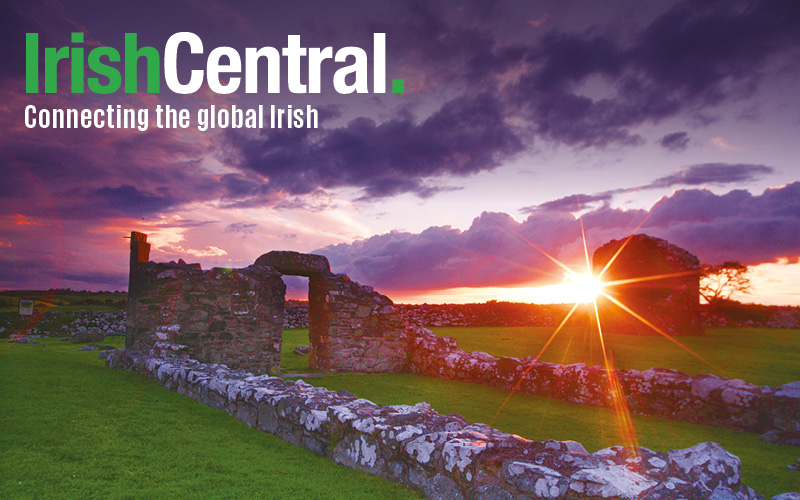Boston College has moved this week to quash a federal subpoena in search of access to confidential interviews with former members of the Provisional Irish Republican Army (IRA).
The new motion seeks to prevent British authorities from investigating kidnappings and killings during the Troubles in Northern Ireland.
Conducted between 2001 to 2006 and known as the Belfast Project, the goal of the college’s academic project was to interview members of the IRA and other Irish paramilitary organizations about their activities during the Troubles. It was not, however, intended to become a tool of a wider government investigation.
All participants were assured their identities would remain confidential and that the interviews would only be released after their deaths. All of the transcripts are currently maintained by Boston College.
According to lawyers for Boston College, releasing the interviews would break the IRA's so-called code of silence and could lead to punishment by death, according to their court filing.
"Our position is that the premature release of the tapes could threaten the safety of the participants, the enterprise of oral history, and the ongoing peace and reconciliation process in Northern Ireland,"Jack Dunn, a spokesman for Boston College, said in a statement to The New York Times.
READ MORE:
Boston College may have to destroy IRA tapes says expert
British subpoena IRA records from Boston College oral archive
The case is being monitored closely by oral historians at the college, who are concerned that it could erode the trust between historians and interviewees, making it much more difficult to get people to speak unguardedly in the future.
"I think it’s wonderful that Boston College is fighting the subpoena," Mary Larson, first vice president of the Oral History Association, told the Times. "What all of us in the oral history community are afraid of is this is going to have an incredible chilling effect on what we’re able to do."




Comments